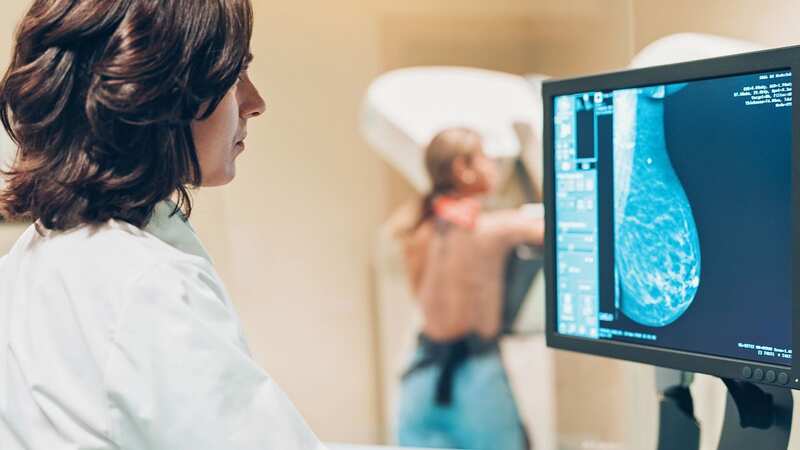'Important breast cancer warning issued to women after false-positive results'

The Karolinska Institute in Sweden is one of the most respected medical research centres in the world and when its scientists come up with new findings, everyone listens.
And while its latest edict seems counterintuitive, we must take note of it. It’s this: women who receive a false-positive mammography result are more likely to develop breast cancer over the subsequent 20 years.
The risk is highest for women aged between 60 and 75. Breast cancer is the most common cancer among women, and screening is an important tool for catching women with a tumour at the earliest possible stage.
In Sweden, all women aged between 40 and 74 are invited for screening every 18 to 24 months. At each screening, approximately three in 100 women have a false-positive result, which means they’re recalled for further examination without any cancer diagnosis.
False-positive mammography results can cause anxiety and influence screening attendance. Previous studies had indicated false-positives are also linked to a short-term increased risk of breast cancer.
 Warning as popular food and drink ‘increase risk of cancer death by up to 30%’
Warning as popular food and drink ‘increase risk of cancer death by up to 30%’
The new study shows that women with false-positive results are more likely to develop breast cancer than other women over the subsequent two decades, facing, on average, a 60% increased risk, suggesting their increase in risk is long-term.
In this study, researchers identified 45,213 women with an initial false-positive result and 452,130 women of the same age who were not recalled. All of them had attended the mammography screening programme in Stockholm.
Breasts become less dense as we age, and Xinhe Mao, researcher at the institute’s Department of Medical Epidemiology and Biostatistics, said: “The elevated risk was higher in women in the 60-75 age group than in the 40-49 age group, and in women with low, rather than high, mammographic density.
“The risk was also highest in the four to six years following a false-positive result. It’s important to accentuate a long-term awareness of breast cancer in women who get false-positive mammography results.
“It might be beneficial to draw up personal monitoring programmes for these women with careful follow-ups over the years immediately following.”
Study author, Professor Kamila Czene said: “Radiology and breast cancer screening are currently in a phase of rapid development, partly thanks to the use of AI. Our published paper is part of the general efforts to achieve better screening results and increase the screening programme uptake.”
Read more similar news:
Comments:
comments powered by Disqus
































